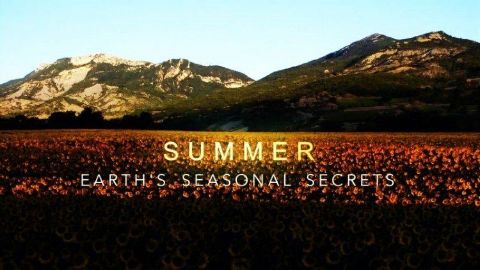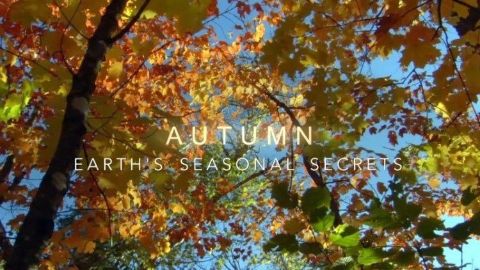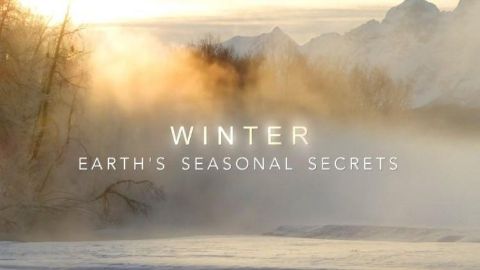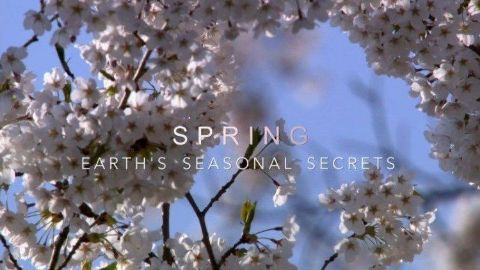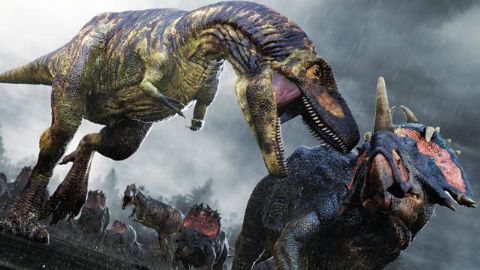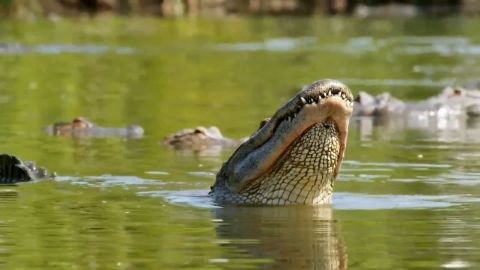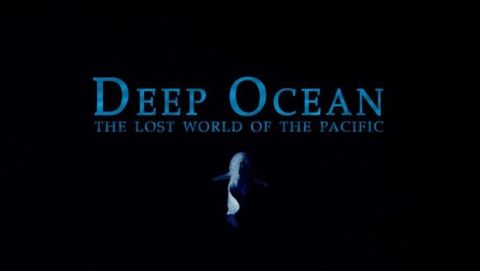Spring • 2016 • episode "S1E4" • Earth's Seasonal Secrets
This special, narrated by Andrew Scott, celebrates spring on planet Earth, and the extraordinary tricks that animals and plants find to rise to the new challenges it brings. This magical season brings a burst of new life - but as soon as the air starts to warm, it's a race to wake up and get ahead of everyone else. For many, it's the perfect time to find a mate and raise babies - but for everything, from adventurous grizzly bear cubs and amorous dancing grebes, to flowers in the desert and swifts that fly marathons, spring is about rushing to make the most of the opportunities this busy season brings.
Make a donation
Buy a brother a hot coffee? Or a cold beer?
Hope you're finding these documentaries fascinating and eye-opening. It's just me, working hard behind the scenes to bring you this enriching content.
Running and maintaining a website like this takes time and resources. That's why I'm reaching out to you. If you appreciate what I do and would like to support my efforts, would you consider "buying me a coffee"?
Donation addresses
BTC: bc1q8ldskxh4x9qnddhcrgcun8rtvddeldm2a07r2v
ETH: 0x5CCAAA1afc5c5D814129d99277dDb5A979672116
With your donation through , you can show your appreciation and help me keep this project going. Every contribution, no matter how small, makes a significant impact. It goes directly towards covering server costs.
